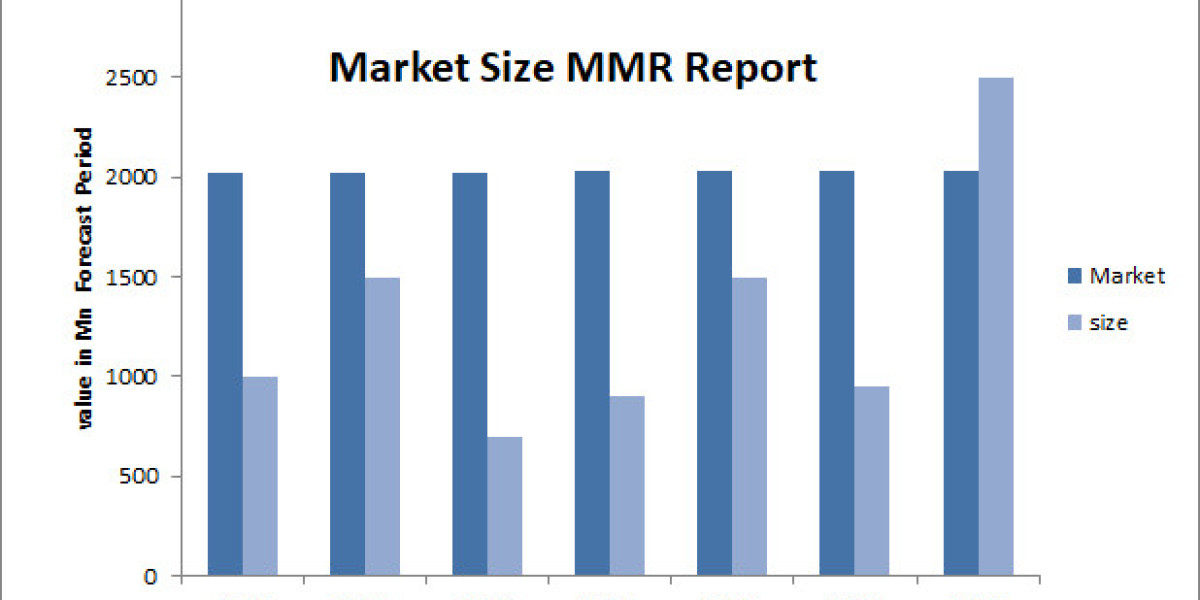In today’s competitive job market, attracting and retaining top talent goes beyond offering an attractive salary. Employees are looking for workplaces that care about their well-being, both financially and personally. Group benefits plans play a crucial role in enhancing employee satisfaction and building loyalty within your organization.
What Are Group Benefits?
Group benefits refer to insurance and wellness plans employers offer to employees as part of their compensation package. Common types include:
Health and dental insurance
Vision care
Life insurance
Disability insurance (short-term and long-term)
Employee assistance programs (EAP)
Critical illness insurance
Wellness programs and mental health support
These benefits are typically offered at reduced group rates, making them more affordable and accessible for employees.
How Group Benefits Improve Retention and Satisfaction
1. Enhances Financial Security
Group benefits provide employees with financial protection against unexpected health issues, disabilities, or emergencies. Knowing they are covered for medical and life-related risks reduces stress and provides peace of mind, increasing their satisfaction and commitment to their employer.
2. Supports Employee Health and Well-Being
Comprehensive health, dental, and vision coverage allows employees to take care of their health proactively without worrying about high out-of-pocket costs. Employees who feel healthier and supported are more productive and engaged at work.
3. Demonstrates Employer Care and Commitment
Offering group benefits shows that the employer values their team’s overall well-being, not just their output. This sense of being cared for builds emotional loyalty, encouraging employees to stay longer with the organization.
4. Increases Job Satisfaction
Employees consider benefits as a critical part of their compensation. When they have access to a robust group benefits plan, they feel fairly compensated, leading to higher job satisfaction and reduced turnover rates.
5. Provides Competitive Advantage
In industries where multiple employers compete for talent, having a strong group benefits plan sets you apart. Candidates often choose offers with better benefits even if the salary difference is minimal, as these plans enhance long-term security and well-being.
6. Encourages Long-Term Employment
Group benefits like life insurance, disability coverage, and critical illness insurance are designed for long-term protection. Employees with these benefits are less likely to leave, as replacing such coverage individually can be expensive and complex.
7. Supports Mental Health and Work-Life Balance
Modern group benefits often include mental health support, counselling, and wellness programs. This creates a positive work culture where employees feel supported during personal challenges, improving overall morale and workplace satisfaction.
8. Reduces Absenteeism and Increases Productivity
Healthier, less-stressed employees take fewer sick days and are more focused and productive at work. Group benefits plans facilitate preventive care, leading to better health outcomes and reduced absenteeism costs for the employer.
Statistics That Prove the Impact
According to industry surveys:
Over 78% of employees say health benefits are a deciding factor in accepting a job offer.
60% of employees report they are more likely to stay with an employer offering strong benefits.
Companies offering group benefits see lower turnover rates compared to those without benefits packages.
Final Thoughts
Offering group benefits is not just an added expense – it is an investment in your employees and the future of your business. By enhancing financial security, supporting health and well-being, and demonstrating care for your team, group benefits in Richmond Hill improve employee satisfaction and retention significantly. In today’s talent-driven market, a strong benefits package is no longer optional – it is essential for building a loyal, motivated, and high-performing workforce.













